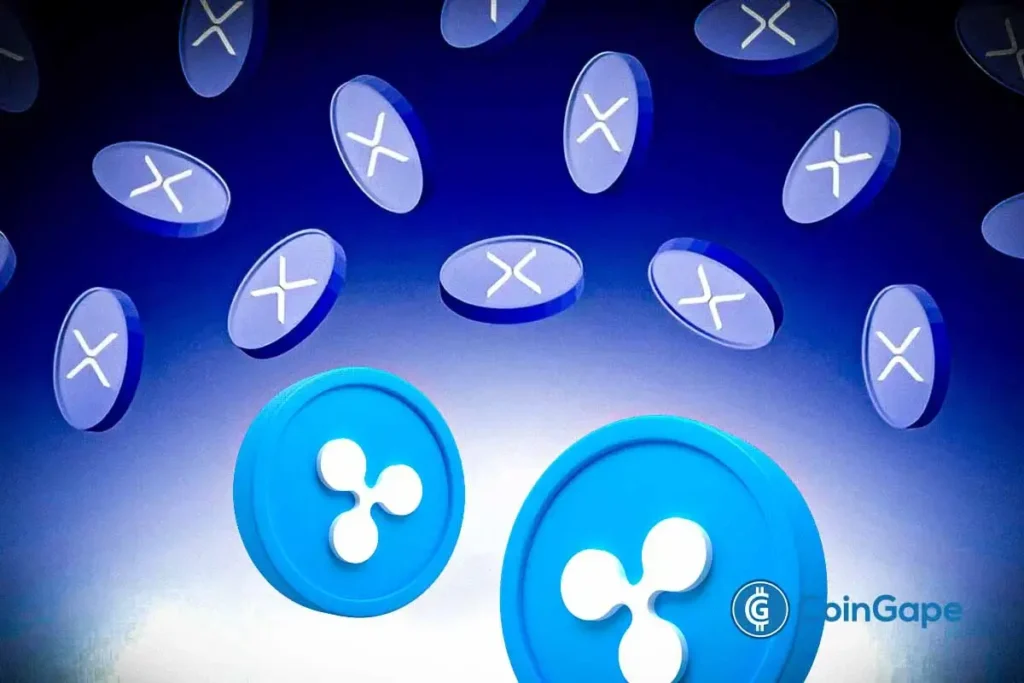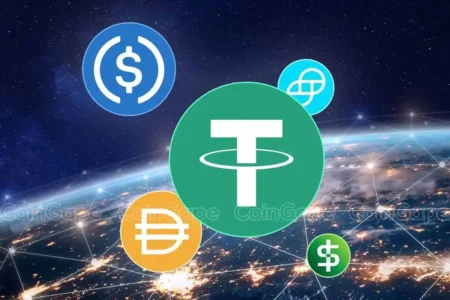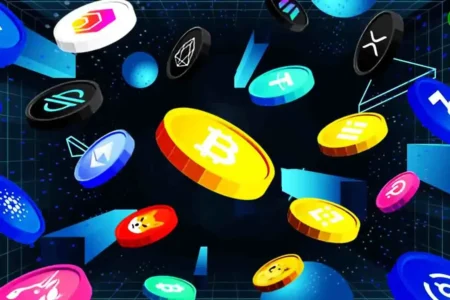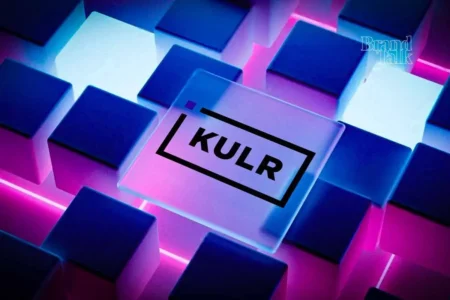The Future of Finance: Tokenization and the Call to Action from Ripple’s Monica Long
As the financial landscape evolves, Monica Long, President of Ripple Labs Inc., has become a prominent advocate for the urgency of tokenization in global finance. In her recent communications, she underscored a pivotal point: the time for banks and financial institutions to adapt to the emerging trend of asset tokenization is now. Supported by a comprehensive report from Ripple Labs and the Boston Consulting Group, Long articulated a compelling vision where tokenizing real-world assets (RWAs) could transform the financial market, projecting it to reach an astonishing $18.9 trillion by 2033. Her insights serve as a wake-up call for financial entities to embrace this paradigm shift or risk obsolescence.
The Call for Action in the Financial Sector
Monica Long’s message is clear: traditional banks must take decisive steps towards adopting token-based systems to remain competitive. By converting physical assets—such as real estate, bonds, and commodities—into digital tokens on the blockchain, financial institutions can unlock vast new revenue streams and significantly reduce operational costs. The potential of RWA tokenization is profound; it enables banks to tap into wider markets while simultaneously enhancing their operational efficiencies. Long’s assertion that even a small share of the anticipated tokenized asset market could bolster banks’ profits speaks to the significant economic implications on the horizon for the financial sector.
Ripple Labs: Leading the Charge in Tokenization
Ripple Labs is positioned at the forefront of this transformative movement. Renowned for pioneering blockchain solutions that enhance financial systems, Ripple is not just observing the tokenization trend; it is actively shaping it. The joint report with Boston Consulting Group highlights that assets totaling around $10 trillion are ripe for tokenization, encompassing critical sectors like real estate and trade finance. This strategy underscores Ripple’s commitment to revolutionizing global finance, attracting investor interest and speculation about potential collaborations, such as with Cardano, which could further amplify Ripple’s impact in the industry.
The Role of XRP and RLUSD Stablecoin in Modern Finance
Integral to Ripple’s tokenization efforts is its XRP Ledger. Known for its efficiency, speed, and low transaction costs, the XRP Ledger is ideally suited for handling the demands of high-volume global token trades. Monica Long emphasized that the tokenization of RWAs is breaking down traditional barriers to access and management, thereby transforming how financial assets are handled. Moreover, the importance of the RLUSD stablecoin—a digital asset backed by the US dollar—operating on both the XRP ledger and Ethereum, cannot be understated. By facilitating seamless transactions of tokenized dollars, RLUSD enhances user participation in the digital finance space without requiring a traditional bank account, further democratizing access to financial resources.
Ripple’s Strategic Integrations and Future Outlook
Recently, Ripple Labs made notable strides by integrating the RLUSD stablecoin with Ripple Payments, a move designed to enhance global transactions’ utility and efficiency. This integration not only simplifies the process of engaging with real-world assets but also aligns with the growing demand for accessible and agile digital finance solutions. As more users and institutions begin to recognize the benefits of tokenization and stablecoins, the potential for Ripple to reshape the financial ecosystem becomes increasingly tangible. The successful implementation of these technologies could foster broader acceptance of cryptocurrencies and blockchain solutions among mainstream financial players.
Conclusion: Embrace Tokenization Now or Get Left Behind
As the financial sector stands at this crossroads, the implications of Monica Long’s call for action are profound. The rise of tokenization presents a unique opportunity for banks and financial institutions to innovate and redefine their operational models. By embracing this trend, leveraging technologies like the XRP Ledger and stablecoin solutions such as RLUSD, institutions can secure their positions in a rapidly changing landscape. The message is clear: the future of finance is here, and the time for action is now. Financial institutions must adapt, innovate, and seize the opportunities presented by tokenization to thrive in the coming decade.
In summary, tokenization marks a critical shift in global finance, urging traditional banking entities to rethink their strategies, enhance efficiency, and foster broader market reach. As Ripple Labs continues to lead the way in this domain, the financial world must take heed and evolve accordingly to remain relevant in an increasingly digital economy.
















